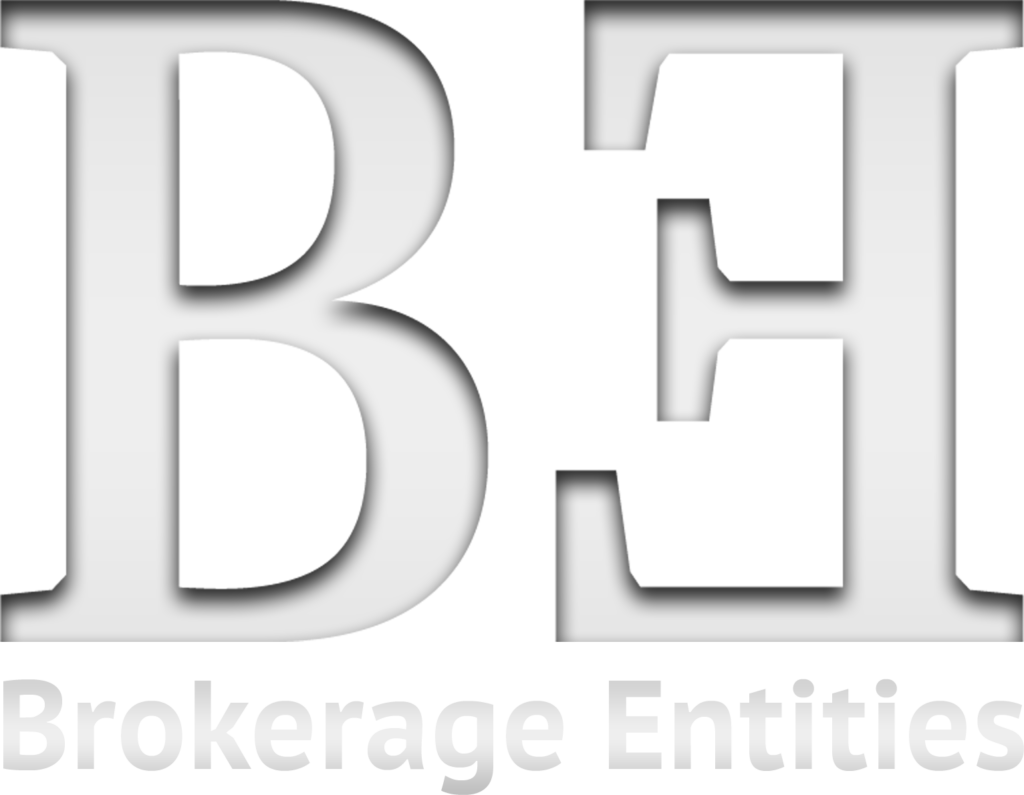The Federal Court has found BPS Financial Pty Ltd (BPS) engaged in unlicensed conduct when offering the ‘Qoin Wallet’, a non-cash payment facility which used a crypto-asset token called ‘Qoin.’
In delivering judgment for proceedings brought by ASIC, Justice Downes found that BPS, since January 2020 – and save for a 10-month period – contravened the Corporations Act as it did not hold an Australian Financial Services Licence, nor was authorised by a licence holder, to issue or provide financial advice about the Qoin Wallet.
Justice Downes also found BPS engaged in misleading or deceptive conduct and made false or misleading representations concerning the Qoin Wallet, including that:
the Qoin Wallet was officially registered or officially approved when it was not,
the Qoin Wallet could be used to purchase goods and services from an increasing number of Qoin merchants, when in fact it was declining, and
consumers who purchased Qoin tokens could be confident that they would be able to exchange them for other crypto-assets, or currency such as Australian dollars, through independent exchanges.
The Court found the only digital currency exchange that accepted Qoin prior to November 2021 was BTX Exchange, which was not independent of BPS and did not permit crypto assets to be exchanged with each other.
ASIC Chair Joe Longo said this was a significant ruling as the first court outcome against a non-cash payment facility involving crypto.
‘ASIC has taken a number of enforcement actions against crypto asset businesses with the intention of clarifying what is a regulated product and when the provider needs a licence,’ Mr Longo said.
‘Crypto assets are highly volatile, inherently risky, and complex. This makes it critically important that providers have the appropriate licences and authorisations, and that investors are provided with clear and accurate information. This case is an important reminder that many crypto products are financial products and that providers need to hold a licence.
‘These proceedings should send a message to the crypto industry that their products will continue to be scrutinised by ASIC to ensure consumers are protected and that they comply with regulatory obligations. Entities should not be making claims about features, or the regulatory status of their offerings, that are false or misleading.’
The Court has directed the parties to confer with respect to directions that may be made for further hearing to determine the remaining questions in the proceeding, including penalties, on a date to be fixed later in 2024.

